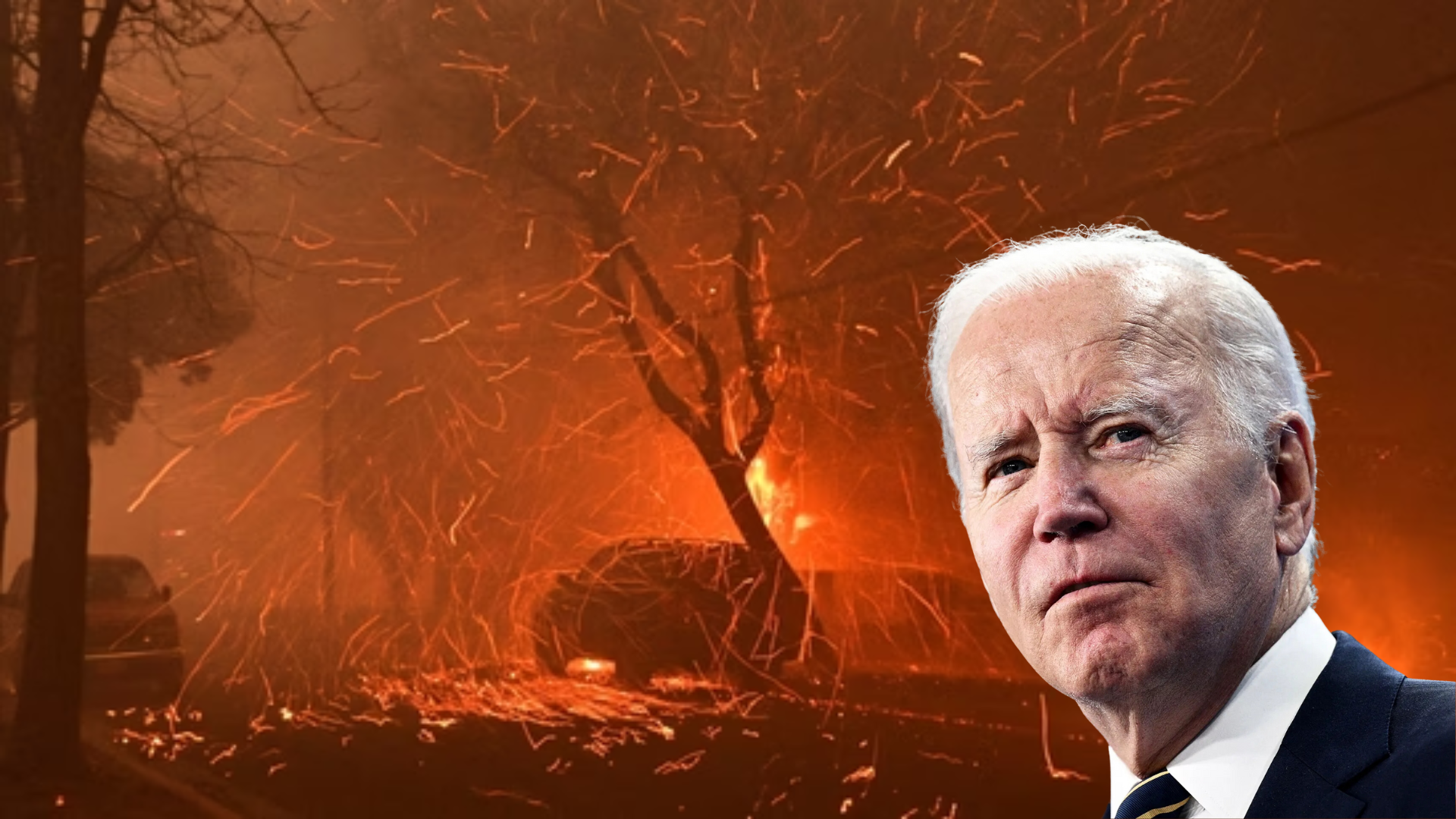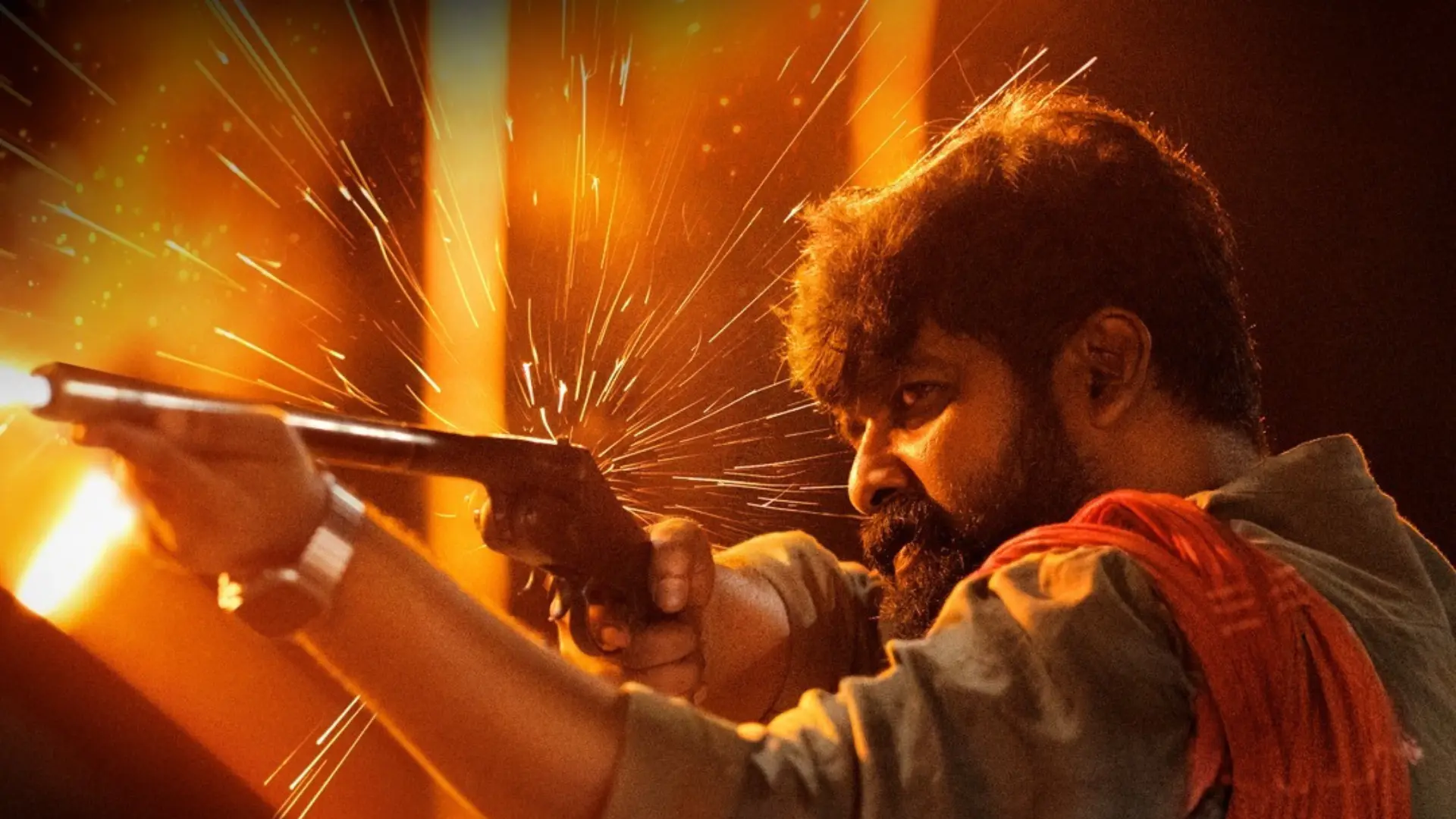A recent petition in an Ajmer court has reignited debates over the historical significance of the 12th-century mosque Adhai Din Ka Jhonpra. The petition calls for the restoration of the site to its pre-Islamic heritage, suggesting it was originally a Sanskrit college and temple before being demolished by invaders. This petition follows growing concerns over illegal activities at the site and has led to calls for a museum to be set up, housing over 250 idols discovered by the Archaeological Survey of India (ASI).
Demand for Restoration of Adhai Din Ka Jhonpra’s Heritage
Ajmer’s Deputy Mayor Neeraj Jain has been vocal in demanding that the monument’s original heritage be restored. Jain claims there is ample evidence to show that the site was once a Sanskrit college and temple. According to him, the ASI has confirmed the presence of these ancient structures, and the focus should be on stopping illegal activities and encroachments at the site, particularly the misuse of parking areas.
Jain further stated that the idols housed at the site should be displayed in a museum rather than remaining stored away. He emphasized that no additional survey was needed, as the historical evidence for the site’s pre-Islamic heritage is already well-documented.
The Debate Over Adhai Din Ka Jhonpra’s Origin
Adhai Din Ka Jhonpra is a protected ASI site located near the Ajmer Sharif Dargah. Built in 1199 AD by Qutub-ud-Din-Aibak, the first Sultan of Delhi, the mosque is famous for being constructed from the ruins of earlier temples. The structure is believed to have been a site for a two-and-a-half-day fair, lending to its name “Adhai Din Ka Jhonpra.”
The ASI’s records confirm that the mosque includes several Hindu temple sculptures, providing evidence of its pre-Islamic origins. Jain monks and other community leaders have long argued that the monument was originally a Sanskrit school and even a Jain temple before it was converted into a mosque.
Political and Cultural Implications
The controversy surrounding the restoration of Adhai Din Ka Jhonpra extends beyond the petitioners’ claims. There have been tensions between different community leaders, with some questioning the site’s historical transformation and calling for the restoration of its Hindu and Jain roots.
The dispute reached a boiling point earlier this year when a group of Jain monks, accompanied by leaders from the Vishva Hindu Parishad (VHP), visited the site. Their visit, which raised objections from dargah officials, further fueled the debate over the site’s original identity. Furthermore, in November 2024, a civil court in Ajmer issued notices to the Ajmer Dargah Committee, the Union Ministry of Minority Affairs, and the ASI after a petition was filed by Vishnu Gupta, president of the Hindu Sena, alleging that the dargah was originally a Shiva temple.
Calls for a Museum and Preservation
The petitioners, including Jain, have consistently called for the creation of a museum at the site to display the numerous artifacts and idols preserved by the ASI. Jain argued that the display of these artifacts would offer a clearer understanding of the site’s multifaceted history and its importance to India’s cultural heritage.
A Monument of Mixed Legacies
The demand for the restoration of Adhai Din Ka Jhonpra is part of a larger discussion on India’s cultural history, particularly the preservation and interpretation of monuments with complex pasts. The outcome of the petition and potential restoration efforts could have lasting implications for the region’s historical narrative and the cultural identity tied to such monuments.
MUST READ: Uber Shikara: You Can Now Book a Ride on India’s First Water Transport Service in Kashmir



















